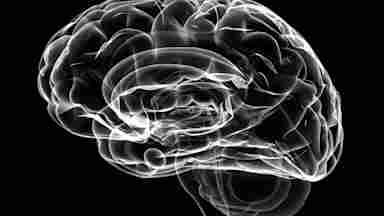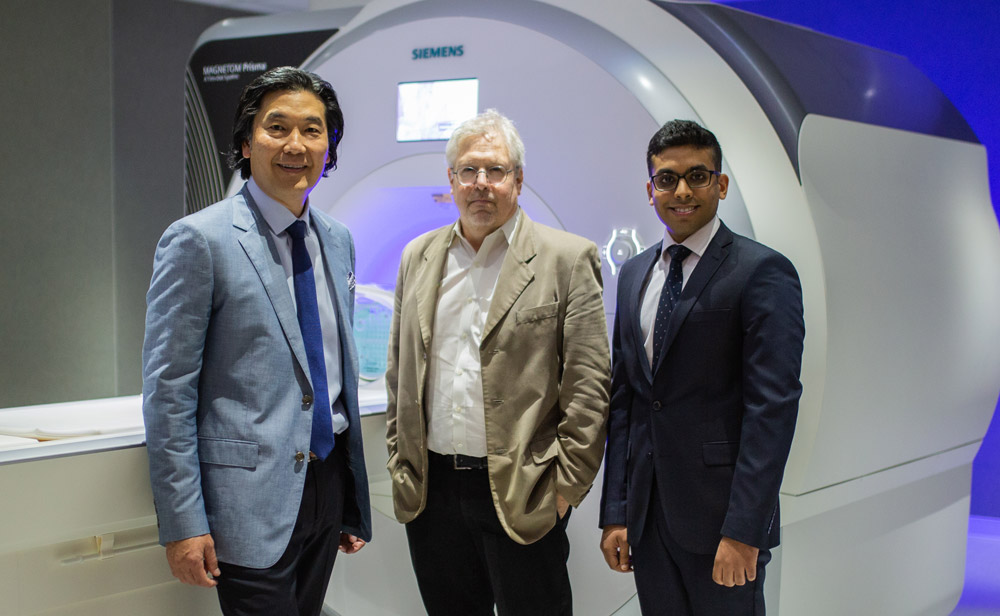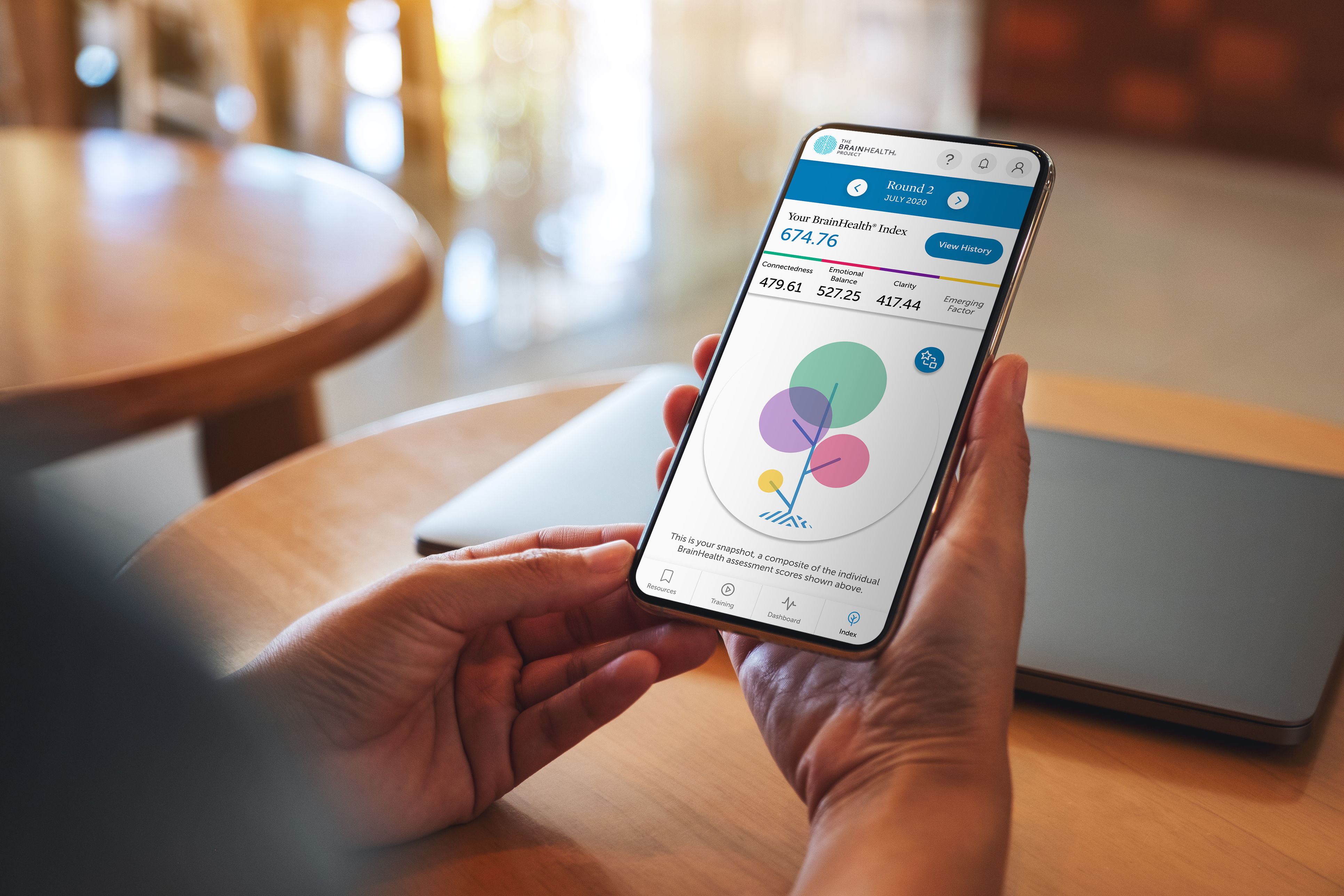Overview
When one area of the brain is damaged, the functional damage may not necessarily be localized. This study explores the idea that damage to areas of the brain involved with communication between networks will have a greater impact on the whole-brain network in contrast to areas with a more localized function. To collect data on the level of connectivity between brain regions, researchers utilized mathematical tools based on graph theory, which have emerged as a way of measuring large-scale network properties of the brain. The data for this study was collected from 35 patients with focal lesions as a result of stroke, traumatic brain injury, or tumors and 24 healthy participants. Researchers concluded focal brain damage can produce widespread, nonlocal impacts on brain network organization if damaged regions are important to communication between networks. Evidence suggests damage to regions of the brain that connect different network modules (connectors) may predict widespread effects on whole-brain communication, whereas damage to areas that connect regions within a module (hubs) produces more local, non-extensive effects. This study contributes to a growing volume of literature proposing that the function – or dysfunction – of individual brain regions cannot be considered in isolation, but rather must be placed within the context of the brain’s large-scale network organization.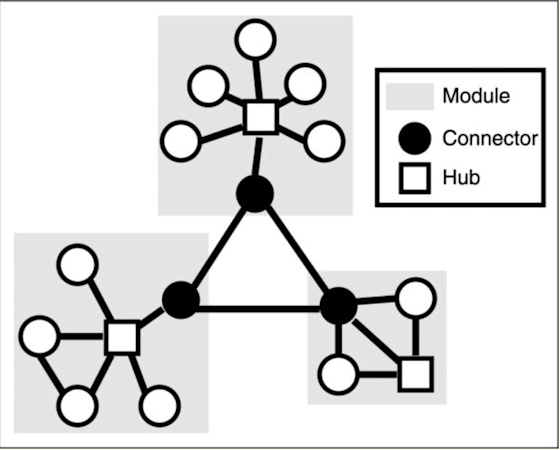
Figure 1 - An example of a graph theory mapping used to represent modular organization in the brain. Hubs have more within-module connections while connectors have more between-module connections. Note that any brain region may have both connector and hub-like properties, and may have continuous values for hubness and connectorness.
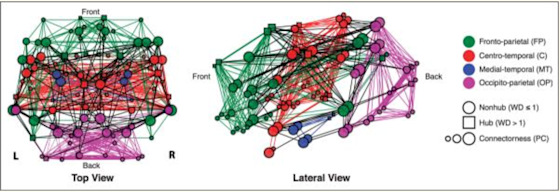
Figure 3 - A modular organization mapping of the healthy control template. Within-module edges match module solo and between-module edges are black.
